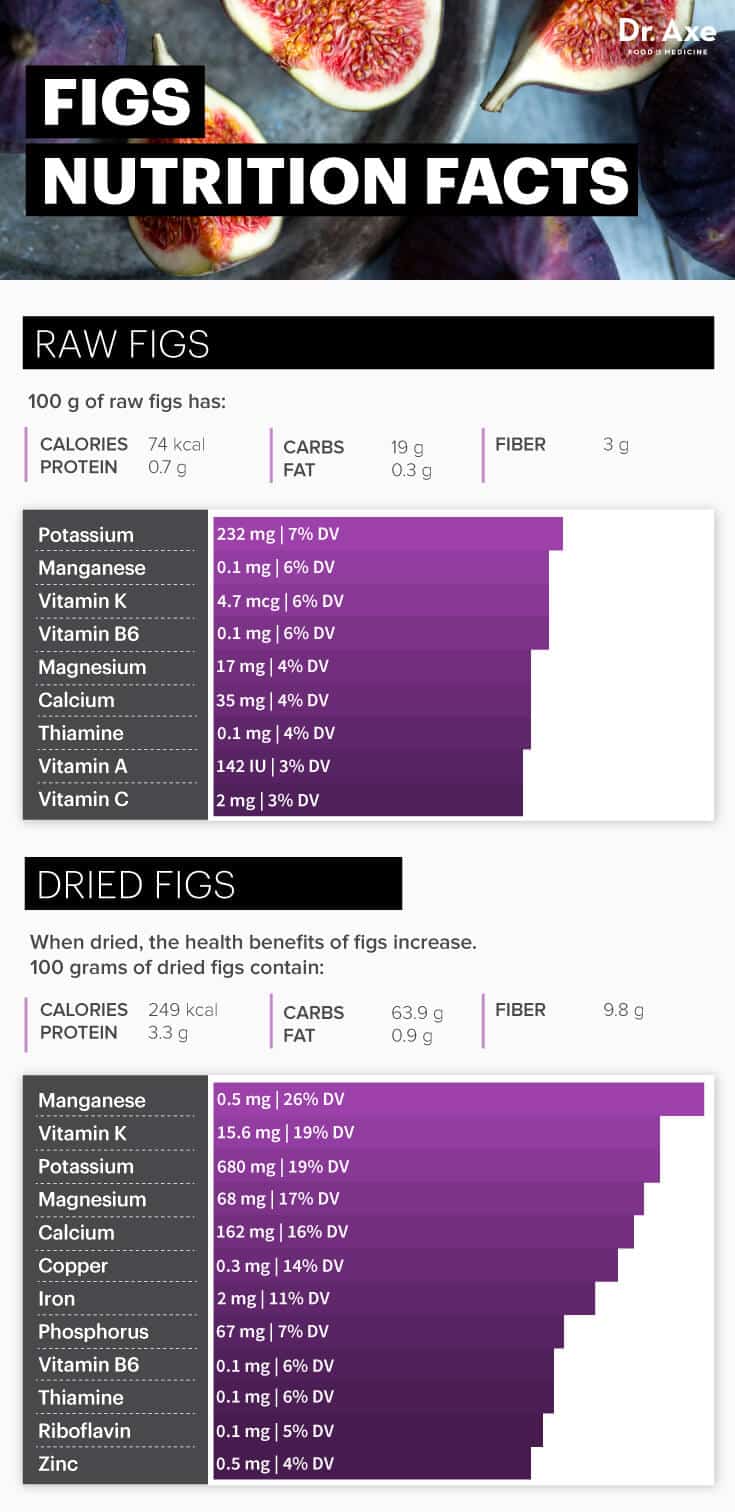It’s figgy pudding season, and there are plenty of reasons why you should be getting figs in your diet.
Throughout the Christmas season, figs suddenly appear in all kinds of recipes and you’re bound to come across them wherever you go, from restaurant menus to dinner parties with friends.
But did you know that not only do figs taste great, they also have a whole host of health benefits. (1)
Here’s Amchara’s top six.
Figs help to keep a healthy blood pressure
One of the best things about figs and a reason why they are such a good part of your diet is that they are naturally free of sodium (natural salt).
Figs are also brimming with potassium (2) and this combination makes them perfect for bringing down hypertension (high blood pressure) and regulating blood pressure even if yours is normal.
By reducing and regulating blood pressure, you can reduce your risk of heart disease, heart attack, stroke, angina and many more common and serious illnesses.
According a recent study, people who have a diet high in potassium and low in sodium significantly lowered high blood pressure.
(Image Credit: Dr Axe)
Figs help to keep weight in check
Anyone who has looked into losing weight will know that dietary fibre is an important thing to have in your diet when trying to shed excess weight.
On the website for the World’s Healthiest Foods, (3) figs rank highly for the best course of fibre.
Fibre helps us to feel fuller and it can help to prevent over-eating or gorging on food. They are also low in calories so they are a great snack if you’re dieting.
Figs help to aid your digestion
The high amount of fibre found in figs is also brilliant for aiding digestion.
Eating figs can therefore help if you are suffering from constipation and eating them regularly can help to regulate bowel movements and keep the digestive system flowing nicely.
On the other hand however, eating too many figs can have the opposite effect and you can end up suffering from needing to open the bowels too often and can also lead to diarrhoea.
Figs can cut the risk of breast cancer
There have been studies to show that post-menopausal breast cancer risk can be reduced by consuming figs.
A study involving more than fifty thousand women in the US showed that those who consumed foods with high fibre content like the fibre found in figs had their risk of breast cancer cut by over 30%.
The reason is believed to be that figs help to improve overall health and that the fibre content and antioxidant properties help to fight and ward off cancer.
Figs help to keep the bones healthy and strong
Figs are one of the fruits that contain high calcium levels and therefore they help to keep bones strong.
This makes figs a particularly good food to eat to reduce the risk of osteoporosis, particularly in post-menopausal women.
The potassium in figs also helps to prevent loss of calcium in urine, and as this condition to lead to thinning of the bones the prevention of this helps to keep the bones stronger for longer.
Figs help to maintain good vision
Figs are packed with Vitamin A and this vitamin is known to help preserve eyesight.
Figs can therefore help to maintain good vision and can help to reduce the risk of or prevent macular degeneration, glaucoma and other conditions of the eyes.
You can use figs to cook with or can eat them fresh, but a great way to get them into your diet is to eat dried figs as a snack alternative to nuts.
Read this next:






